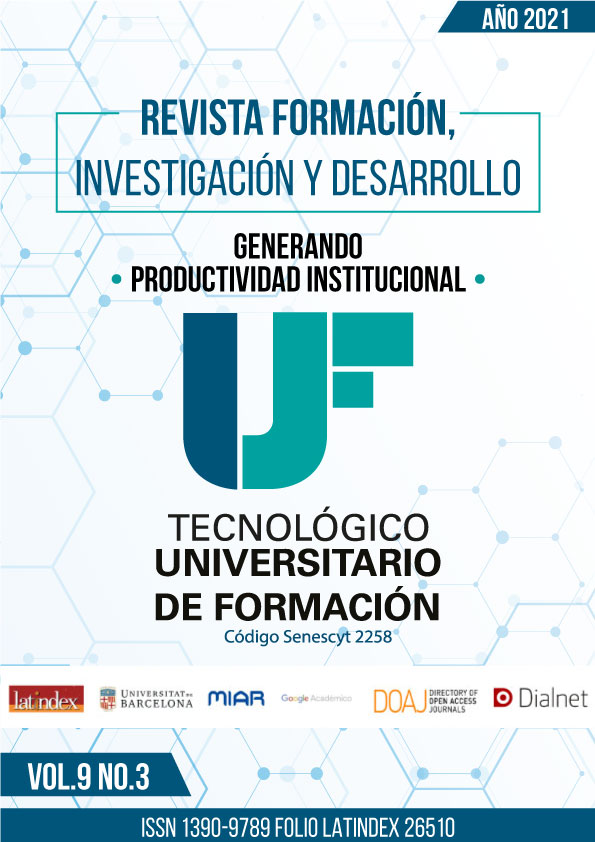Critical Thinking in the Initial Teacher Training
Main Article Content
Abstract
Education in Latin America, especially in Peru, are joining the new educational challenges and the transformations of society. Beyond that, there is a total commitment to society, which is to have excellent professionals, who stand out for strengthening their higher-order capacity, critical thinking opens new claims where autonomy to think contributes to the design of solutions, making visible the ability to face new challenges and many other situations during their academic career. The objective of the research was to identify the level of critical thinking that students who attend the 1st academic cycle of higher education have. To achieve the proposed objective, an applied-type methodology was developed, with a descriptive scope, based on the quantitative approach with a non-experimental transactional design. The questionnaire was used as instruments and the survey as a technique for collecting information. In the bibliographic review, a diversity of information was found for the analysis of the variables; the results obtained lead us to identify that 43% of students are at the low level. Additionally, the conclusion is reached that it is necessary to work on situated strategies such as ABI, ABP, ABCA and ABPRO to strengthen critical thinking in students of initial teacher training.
Article Details
Todos los artículos publicados en la Revista de Investigación, Formación y Desarrollo: Generando Productividad Institucional (RIF) se distribuyen bajo la Licencia Creative Commons Atribución-NoComercial-CompartirIgual 4.0 Internacional (CC BY-NC-SA 4.0).
Los autores conservan sus derechos de autor y otorgan a la revista el derecho de primera publicación. Esto permite a terceros compartir y adaptar el contenido con fines no comerciales, siempre que se atribuya correctamente la obra original y se mantenga la misma licencia.
Para más información sobre la licencia, consulte: https://creativecommons.org/licenses/by-nc-sa/4.0/

